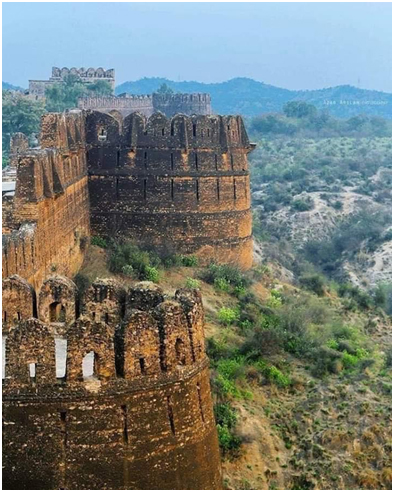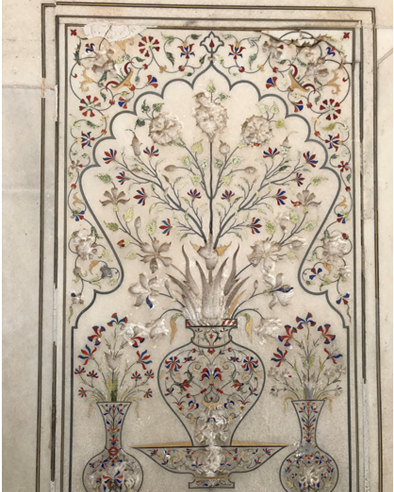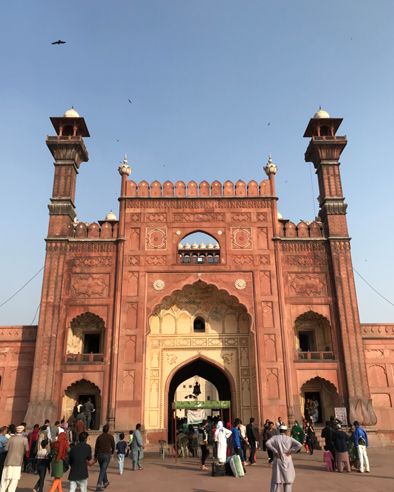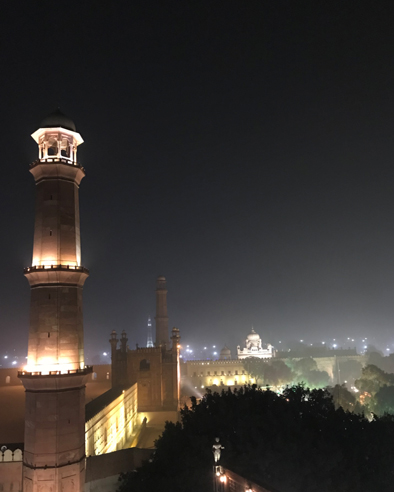In the era of populism today, the existence of some countries is increasingly prominent. One such country is Pakistan; gaining independence in 1947, the
country primarily served as a home for the Muslims of the subcontinent in an otherwise Hindu majority area. At the time, Pakistan emerged as a country where
the founder's words rang "You are free; you are free to go to your temples. You are free to go to your mosques or to any other places of worship in this
State of Pakistan. You may belong to any religion, caste or creed—that has nothing to do with the business of the state."
Under this ethos, it was also an inescapable fact that Pakistan was going to be a Muslim-majority country and had its identity tied to its formation being a result
of the religion-centric struggle against oppression in an otherwise united India. Due to this, the first concrete constitution changed the 'Dominion of Pakistan' into
the 'Islamic Republic of Pakistan' in 1956. This paved the road for further legislative, executive, and judicial mechanisms to fall under an Islamic domain.
Teachings of the Quran and Sunnah were placed in a position to drive discourse regarding matters of the State.
Over time, Pakistan faced challenges due to getting an unequal share of resources after the British Raj left, a mass migration to and from India, and regional
instability. This turbulence caused Pakistan to sway between civilian and military governments; it had become abundantly clear the key to survival and prosperity
was military strength that could rival a country seven times larger.
Internally, the country's provincial governments were empowered, sweeping economic reforms were made, and there was a focus on bringing peace and stability in
the region. During periods of wartime in Afghanistan, Pakistan played a pivotal role in engaging diplomatically and opening the door to millions of Afghan refugees.
This was due to a clear understanding that there can be no peace and prosperity in the melting pot that is South Asia if there are unstable neighbours. Even during
the COVID-19 pandemic, Prime Minister Imran Khan heralded Pakistan's extraordinary tendency to be charitable as a crucial key to overcoming this challenge.
Towards the turn of the millennium, Pakistan called on the United States to provide support with the war on terror. Over the next decade and a half, Pakistan itself
faced challenges in the aftermath of the war in Afghanistan. However, after significant efforts on countering extremist narratives and military action, the country
was propelled into a progressive domain that had no space for terrorism.
Pakistan is a hub for sites of cultural heritage: shrines, tombs, mosques, gurduwaras, churches, temples, monuments, and other archaeological sites punctuate every
province’s landscape. Cities like Peshawar and Lahore tell stories that not only predate Pakistan but also transcend thousands of years of history. In Sindh, the
Mohenjo-Daro, founded in 26th century BCE, treats history enthusiasts to a glimpse into one of the largest settlements of the ancient Indus Civilization.
Pakistan boasts religious sites prominent in the Muslim, Hindu, Sikh, and Buddhist communities. It is also home to several UNESCO world heritage sites, some
dating back to the Ancient Gandhara civilizations. Over time, Pakistan has celebrated the diverse languages, cultures, art, literature that has emerged from
all parts of the country. In terms of tourism, Pakistan is home to some of the highest peaks in the world, the glacially supreme mountains offering a background
to some of the world’s most scenic tourist spots.
Pakistan, the land of all four seasons, offers a story rich with the struggle to overcome adversity, a resilient nation that looks towards a bright tomorrow,
and brimming vistas of untapped potential with its fifth youngest population in the world.





